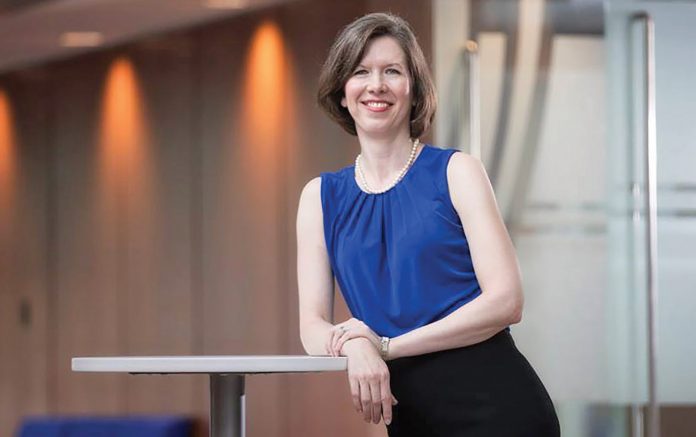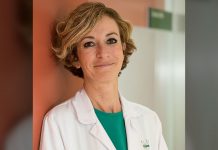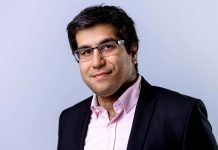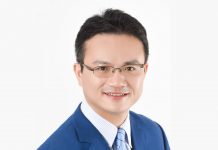Dr. Amy Moore—USA
Dr. Amy Moore is the Director of Science and Research for the GO2 Foundation for Lung Cancer and based in the San Francisco Bay area, shares her thoughts on the current COVID-19 pandemic and what it means for the lung cancer community.
I guess my perspective is a unique one because my doctorate is actually in virology, but I began my career as a cancer researcher and then moved into the advocacy space where I provide support for the creation of cancer research infrastructure.
It’s been a very unusual time during which I’m seeing this convergence of all of my areas of focus, as they pertain to how COVID-19 impacts the cancer community broadly and the lung cancer community more specifically. This is a convergence that I never wanted to see, but I have to use all the skills that I have available to try to do what I can to make a difference for the patients with whom I work, my family and friends, and the public at large. I’ve tried to be very active on social media because, as a scientist, I feel very strongly about trying to share information, facts, and data to help the public navigate these uncertain times. I also try to lead by example. I try to be very accessible, honest and transparent in my communication so that people don’t see me as some detached scientist who is removed from reality. I want the general public to see me as a real person so that they understand that the information I’m sharing is intended to help them and to hopefully save lives. I think there’s a real urgency that all of us in the science and medical communities feel right now regarding helping the patients we serve understand how to navigate this new shared reality. This is especially true for the lung cancer community.
We know that this virus almost uniquely targets the lungs. So for those who have underlying health issues, such as cancer, high blood pressure, diabetes, or cardiovascular disease, they are at increased risk, and we must understand that from a research perspective. We must determine exactly how underlying comorbidities translate into elevated risk for our patients and the impact it has on their treatment and care. Currently, we are limited in our understanding of this virus and its impacts so there will be many questions that must be addressed in both the short and long term. We must continue to advocate for research to understand how this virus impacts those most at risk, as well as the general public. That is why I’m trying to use my platform as a scientist not only to help educate the public but to continue to call for increased funding for research. I think that is going to be a critical need going forward, and it’s essential that the public understands that in the face of this crisis.
Because asymptomatic spread of this virus is a real concern, we must do what we can as individuals in this moment: social distancing, practicing all the measures that we’ve all had drilled into us in the past few weeks regarding proper hand-washing, limiting travel, and limiting any activity outside of our homes to essential needs (ie, getting groceries and medicines). We must do our parts to minimize the risk of infection so that we can protect the most vulnerable in our communities while also protecting ourselves.
Please be safe. Please help our frontline workers and our scientists to have the time that they need to develop new treatments and vaccines. In that way we hopefully can bring this to an end.











